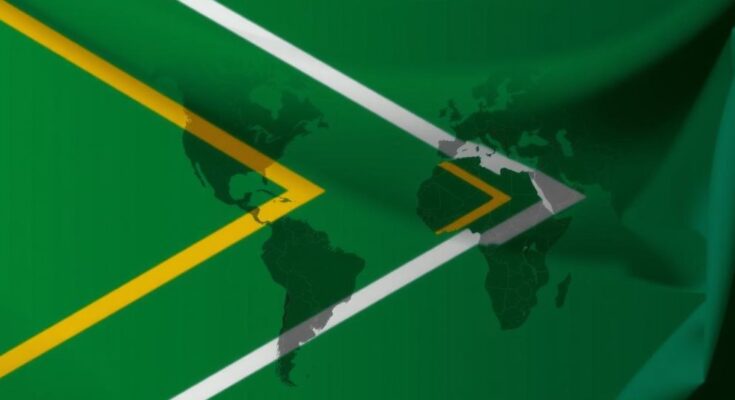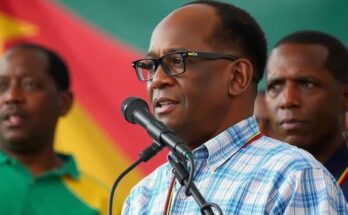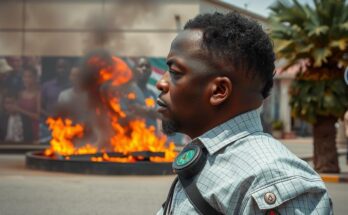The EFF party in South Africa has issued misleading statements about the U.S.’s involvement in Congolese conflicts following the recent U.S. elections. Their claims inaccurately portray American foreign policy as opportunistic and irresponsible while neglecting the complexities surrounding resource exploitation in the DRC, primarily implicating neighboring nations in the ongoing turmoil rather than the U.S.
The recent U.S. presidential election results yielded varied responses across Africa, with some citing false claims about American democracy. The South African far-left Economic Freedom Fighters (EFF) party, led by the controversial Julius Malema, released a misleading statement decrying U.S. outcomes and actions. Their remarks implied U.S. complicity in violence in the Democratic Republic of the Congo (DRC) regarding natural resources, inaccurately suggesting that the U.S. benefits from the instability rather than condemning it. This stance overlooks extensive measures the U.S. has implemented, including the Dodd-Frank Act, aimed at preventing the trade of conflict minerals sourced unlawfully from the DRC. The EFF’s unfounded accusations ignore evidence that suggests the real culprits for illegal mining in the DRC are neighboring countries like Rwanda and Uganda, which have been implicated in human rights abuses and exploitation of Congolese resources. Additionally, U.S. sanctioning of militia groups involved in such illicit operations indicates a clear stance against exploitation, contrary to EFF’s claims.
The Economic Freedom Fighters (EFF), a prominent far-left party in South Africa, often engages in provocative rhetoric associated with the leadership of Julius Malema. Their recent commentary on the U.S. presidential elections coincides with broader historical grievances regarding American foreign policy, particularly in Africa. Much of the contention centers around the long-standing conflict in the Democratic Republic of the Congo (DRC), where the exploitation of natural resources has led to significant violence and instability. The ongoing allegations that the U.S. benefits from this turmoil are countered by the U.S. government’s documented commitment to preventing the extraction and trade of conflict minerals emerging from the DRC.
The Economic Freedom Fighters’ assertions concerning U.S. involvement in the DRC conflict are grounded in misrepresentation and inaccuracies. Not only does the United States have laws in place to prevent the exploitation of conflict minerals, but it also publicly denounces violence linked to resource extraction in the region. The EFF’s narrative, which simplifies complex geopolitical dynamics, distracts from the tangible issues at play, such as the role of Rwanda and Uganda in the DRC’s resource struggles.
Original Source: www.voanews.com




